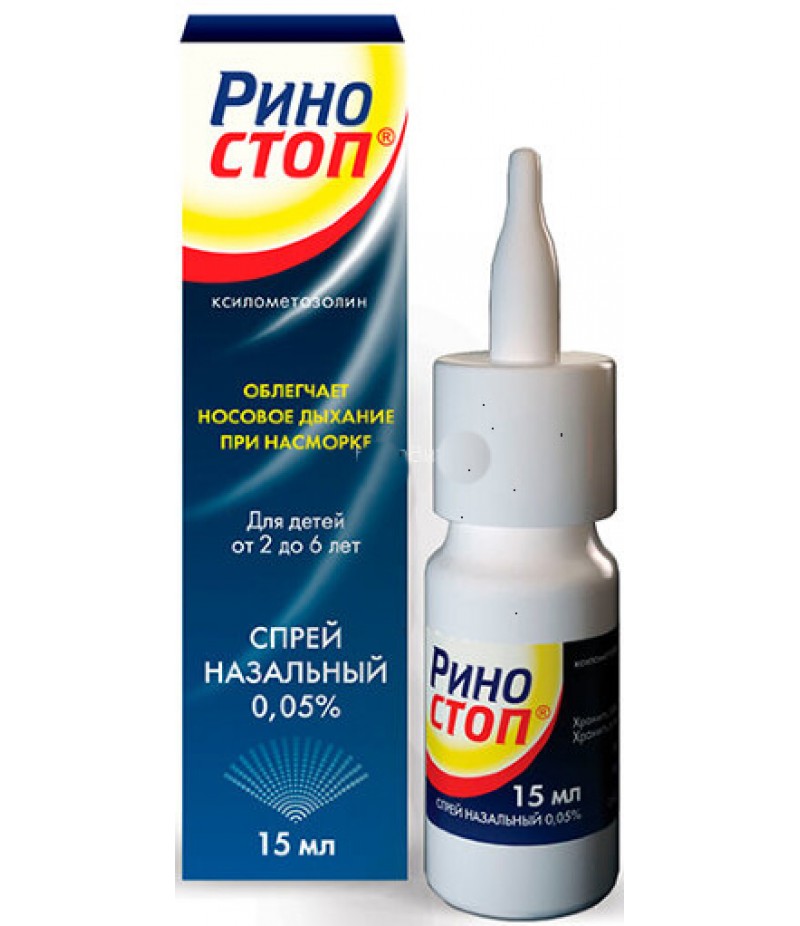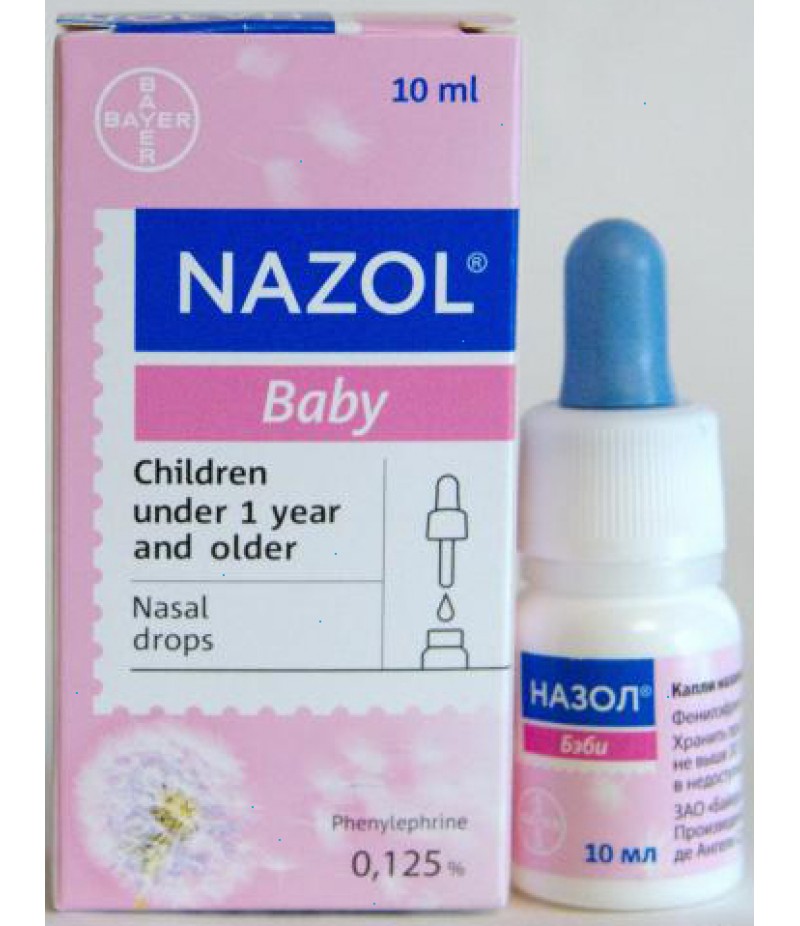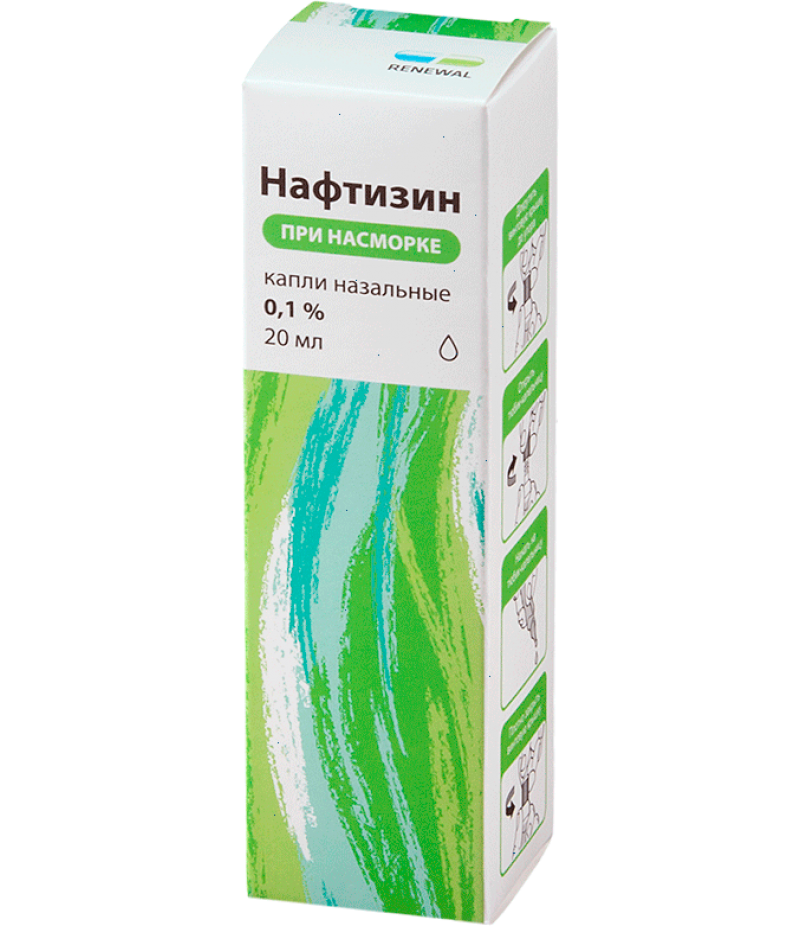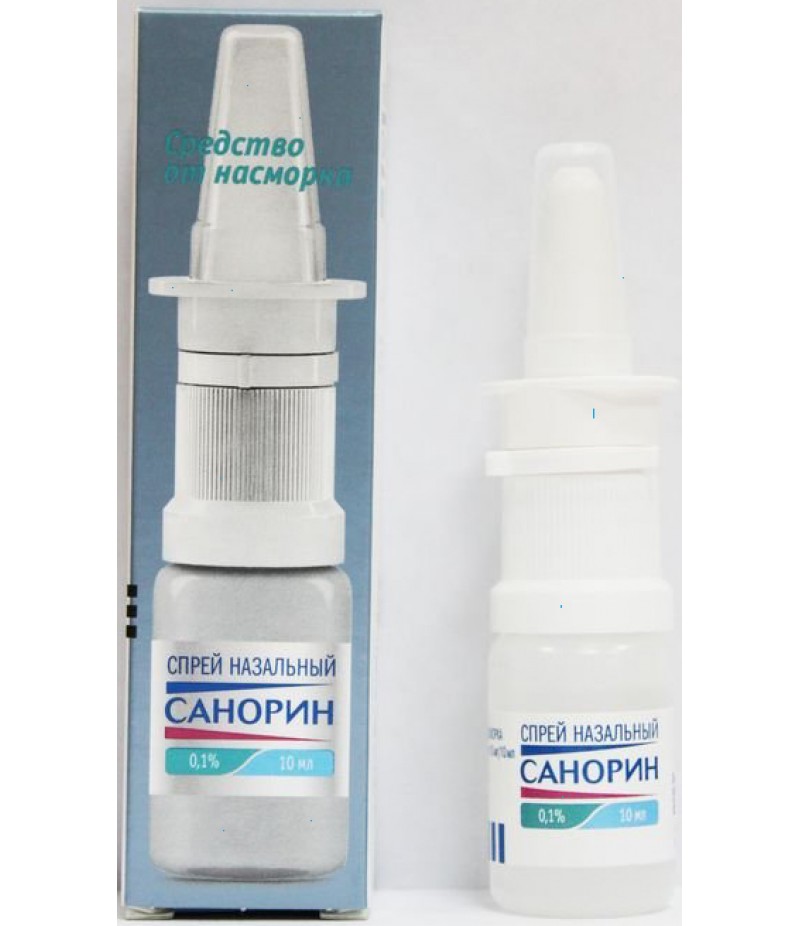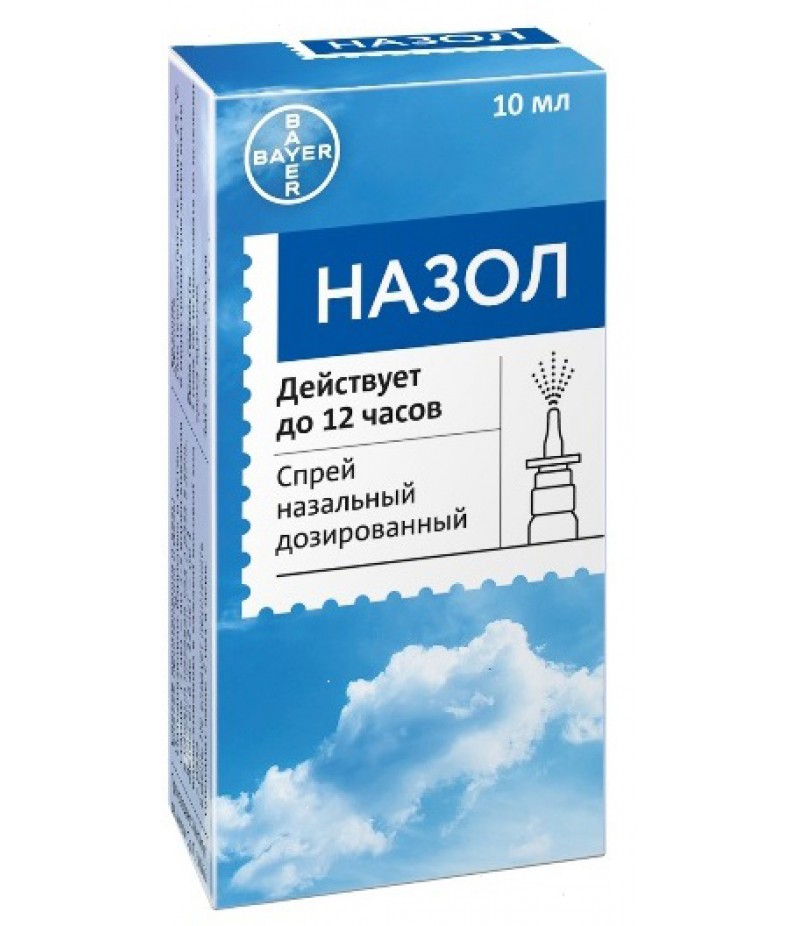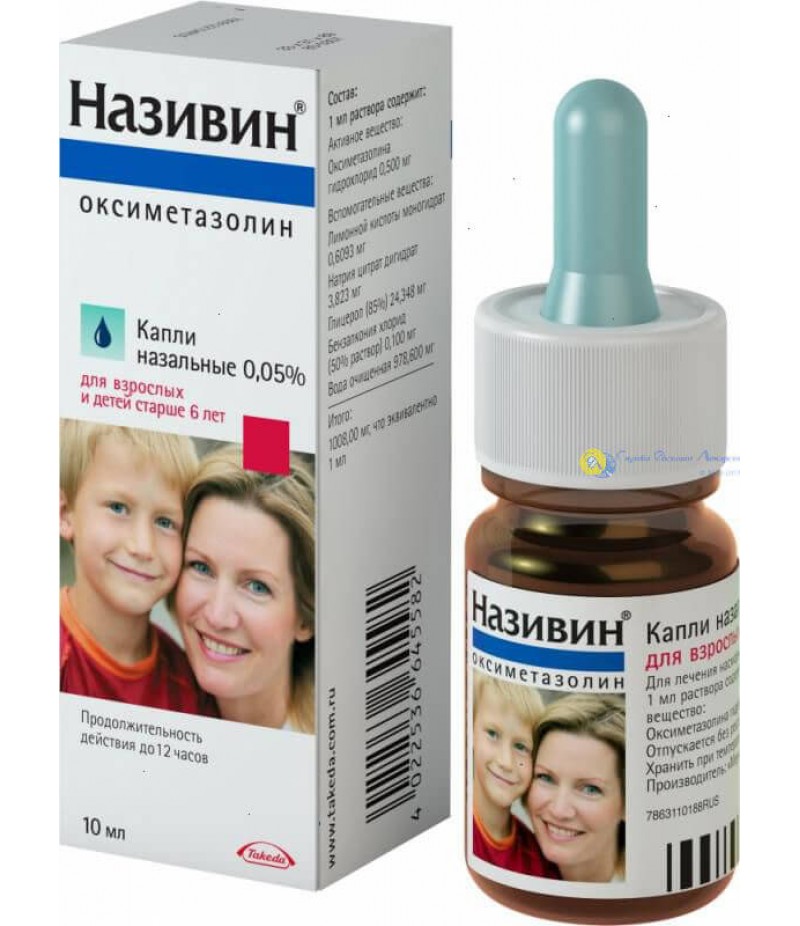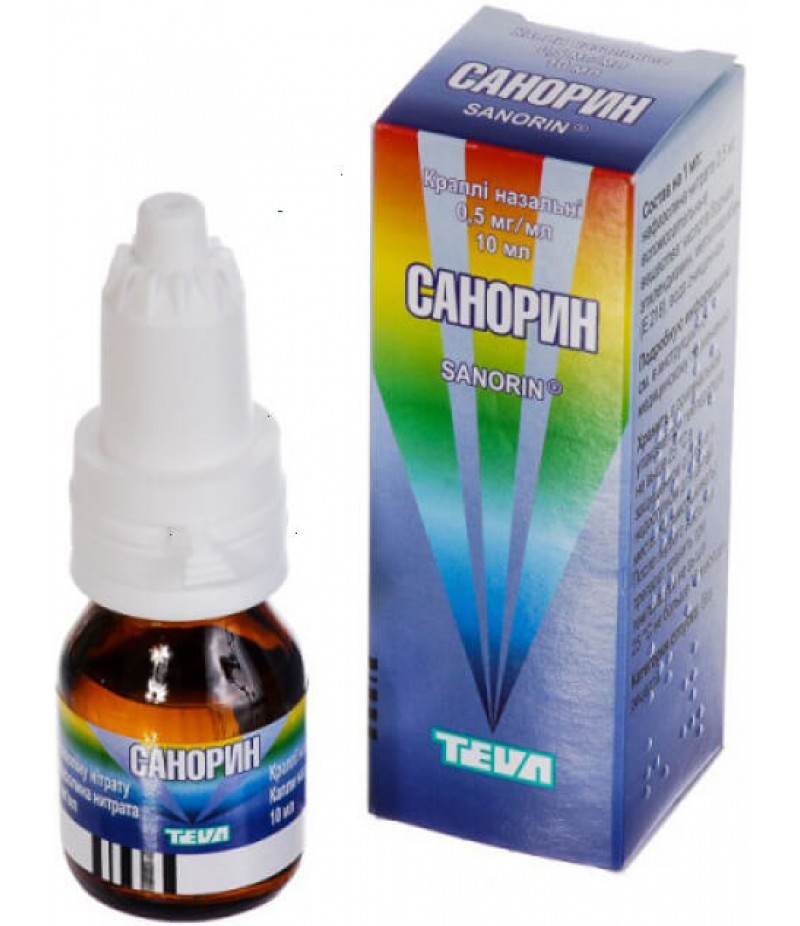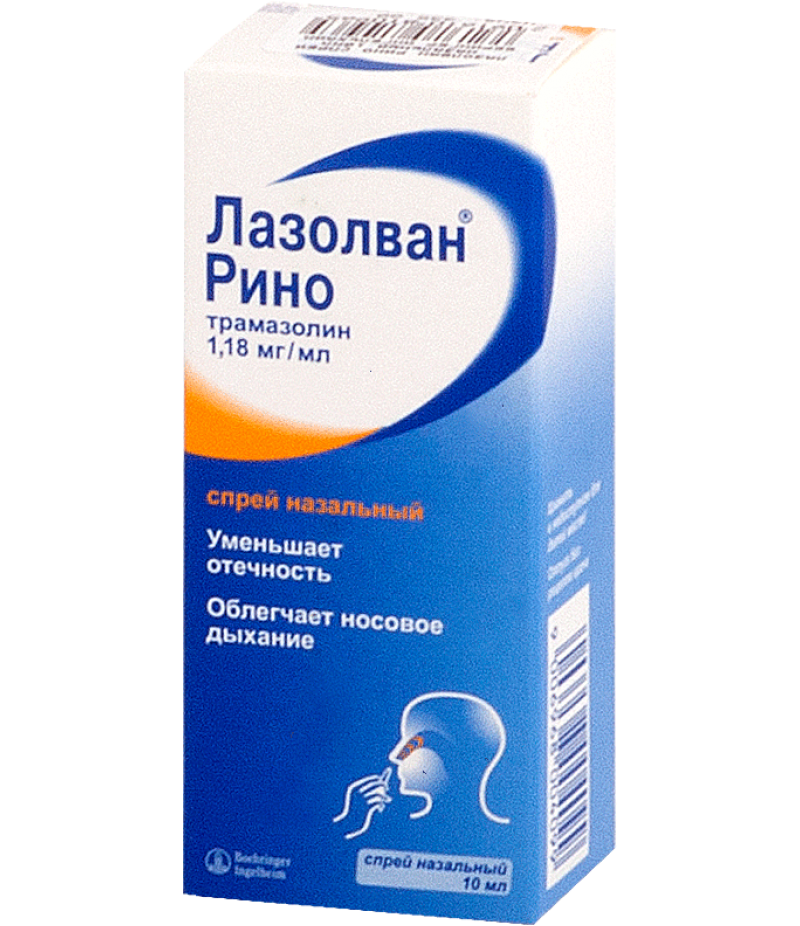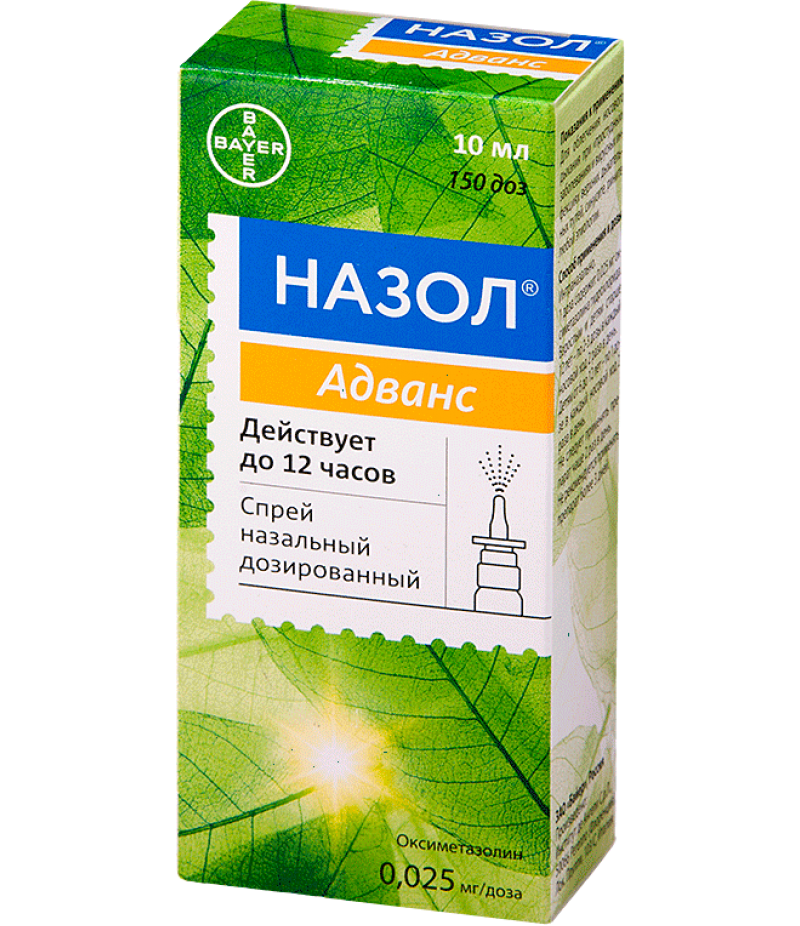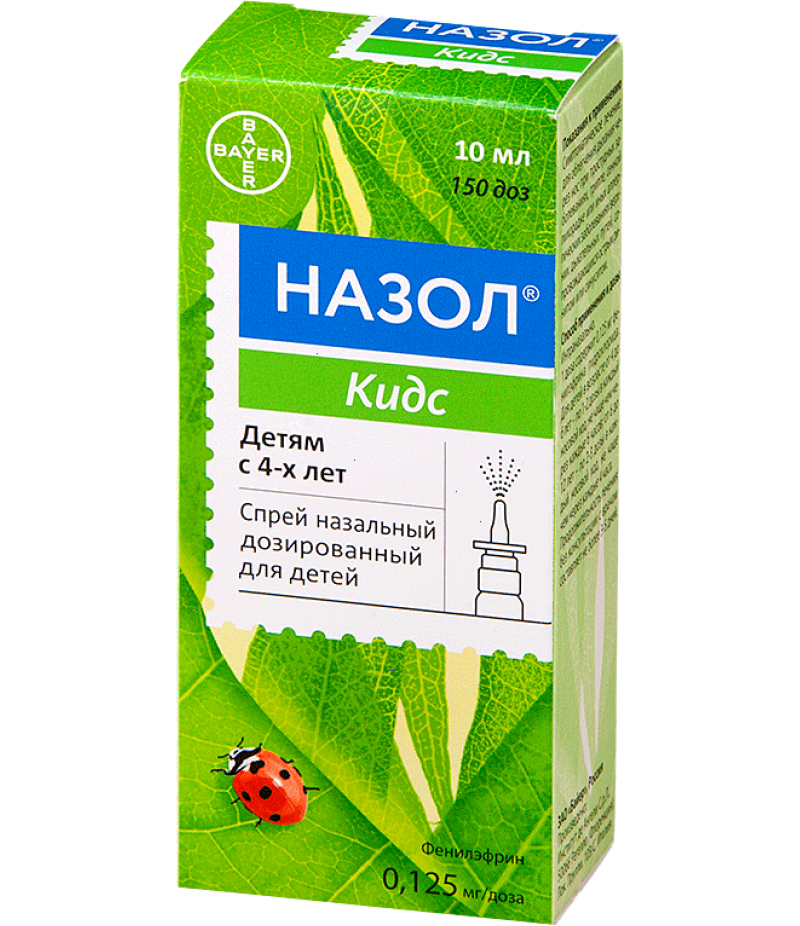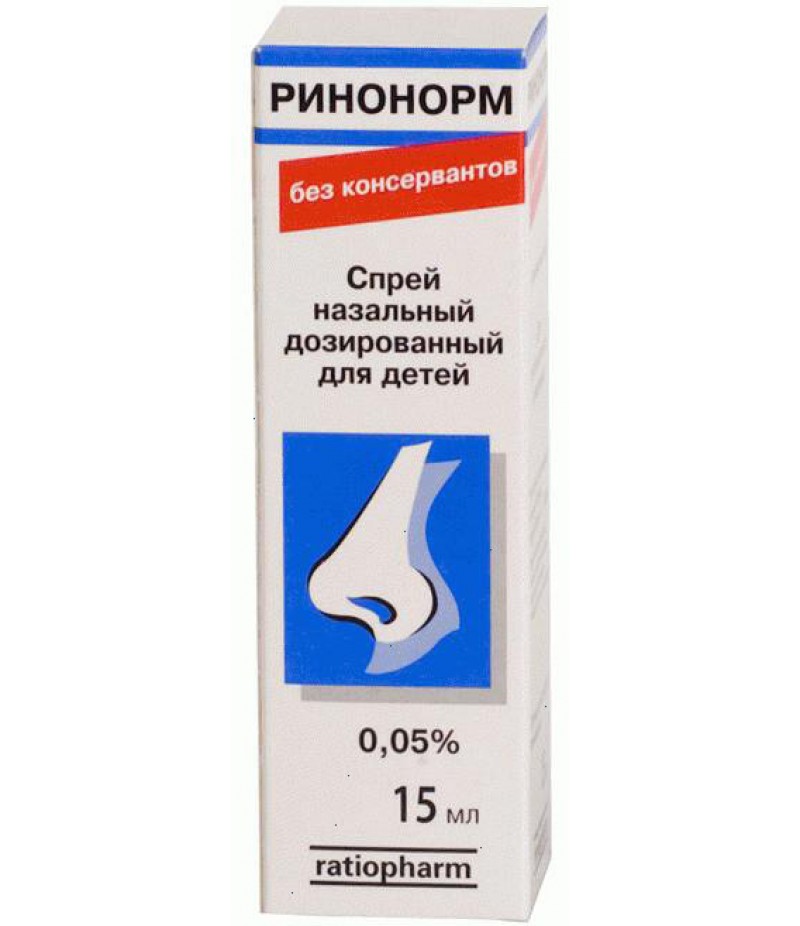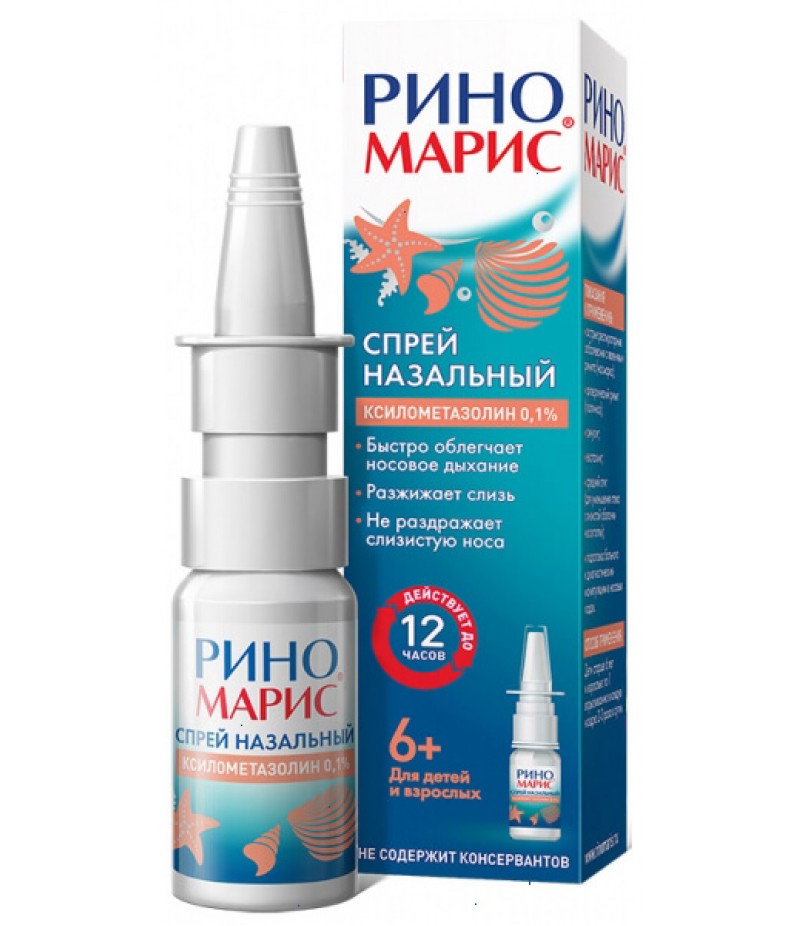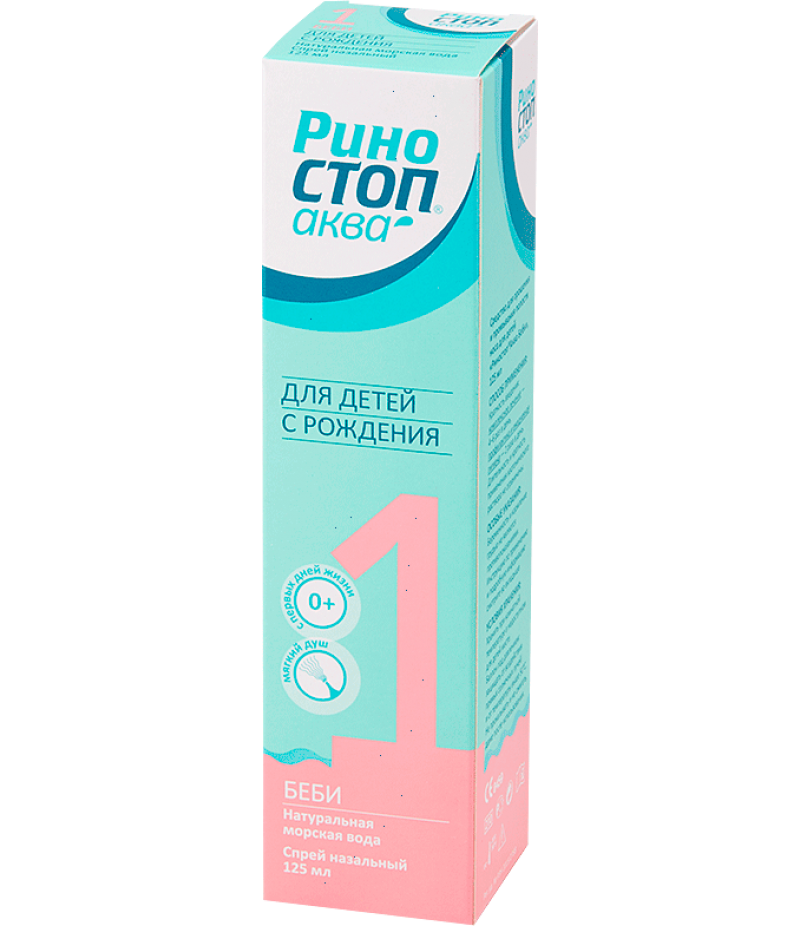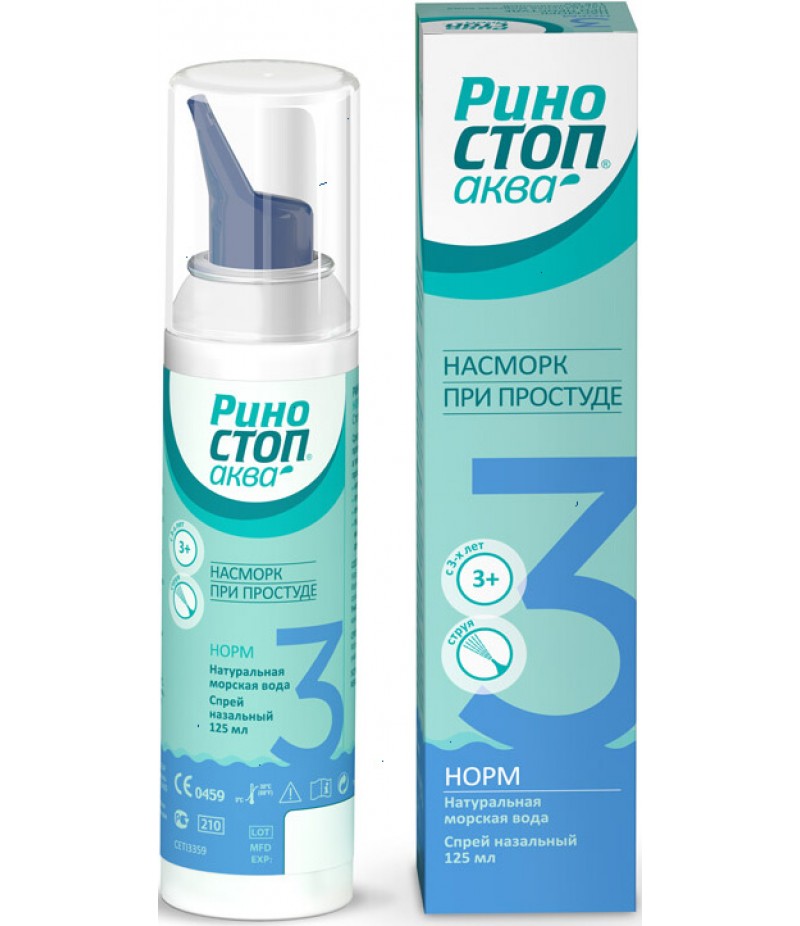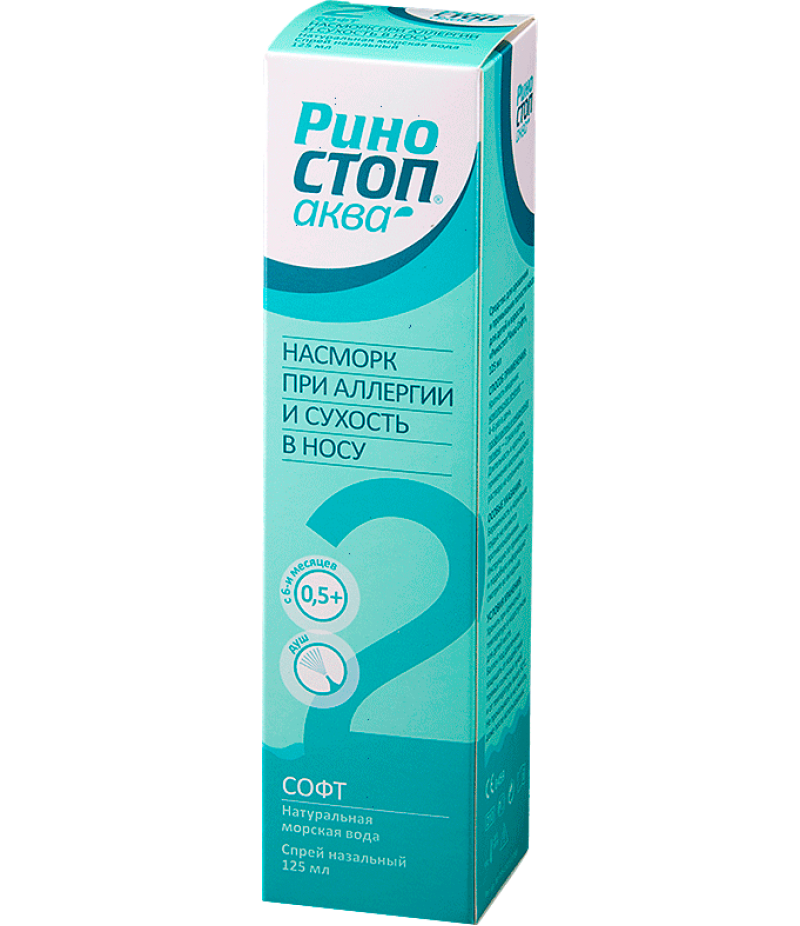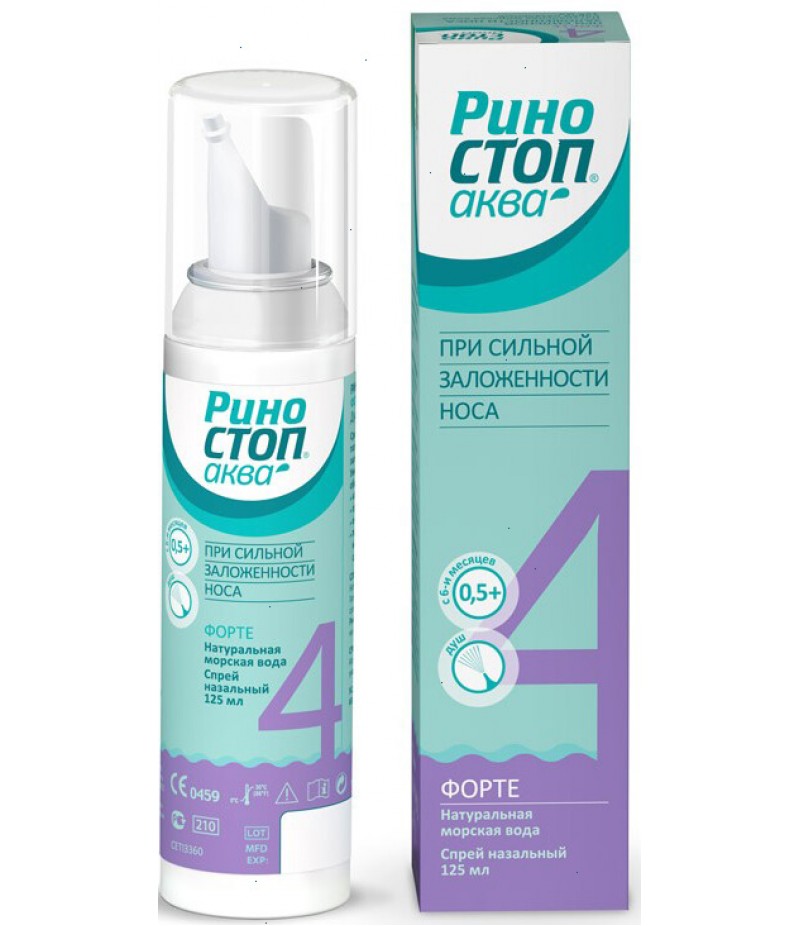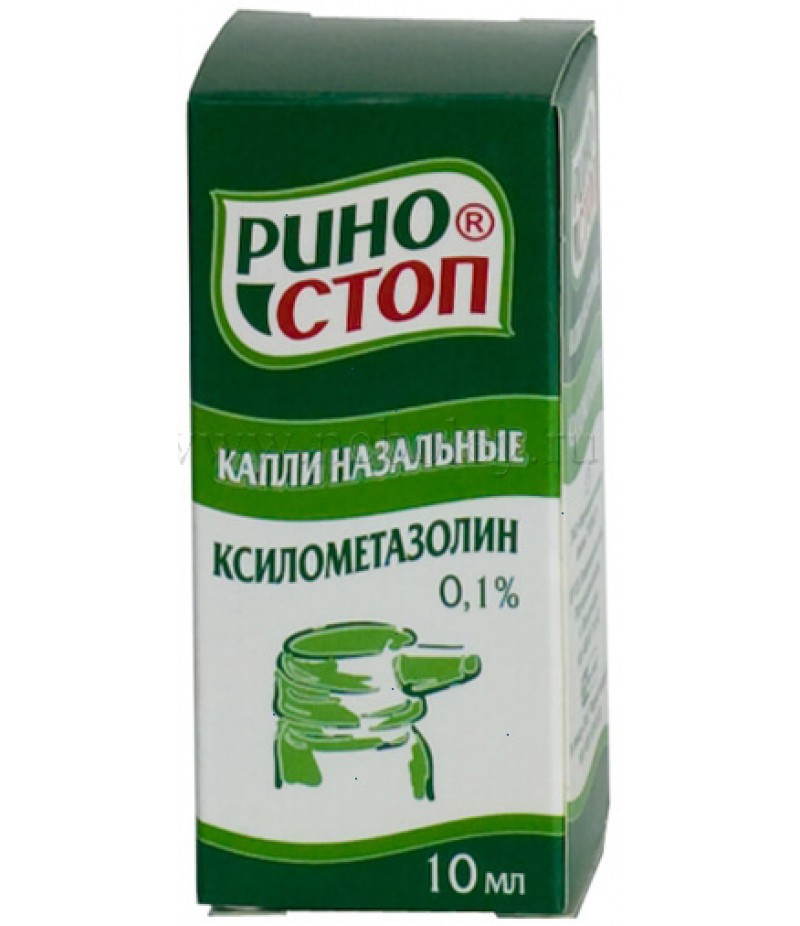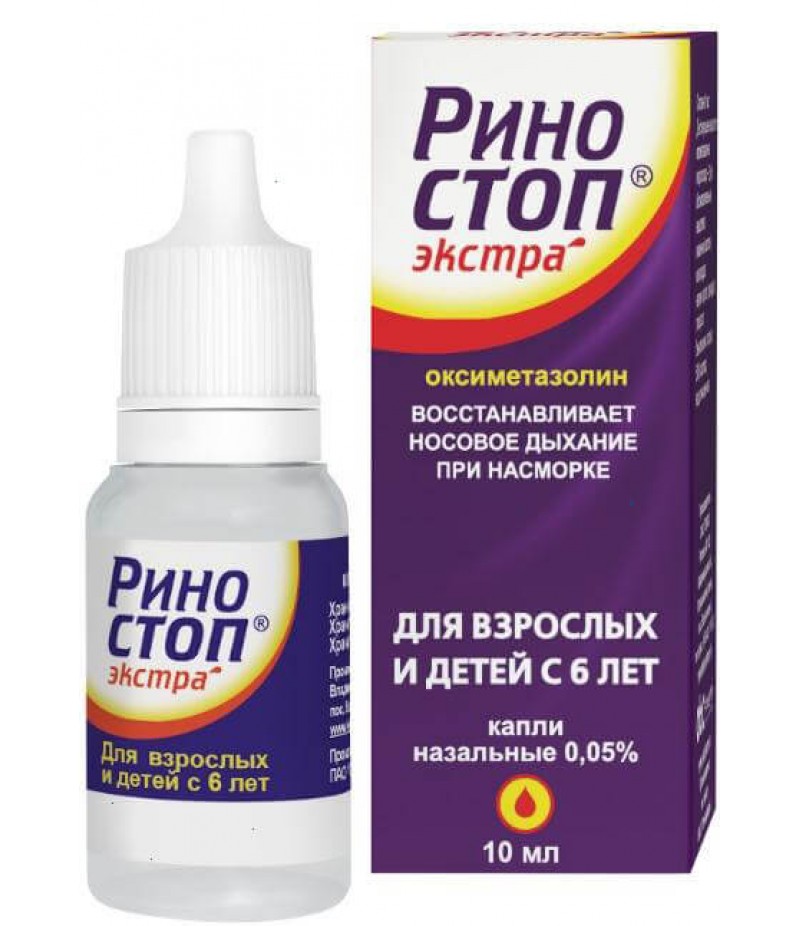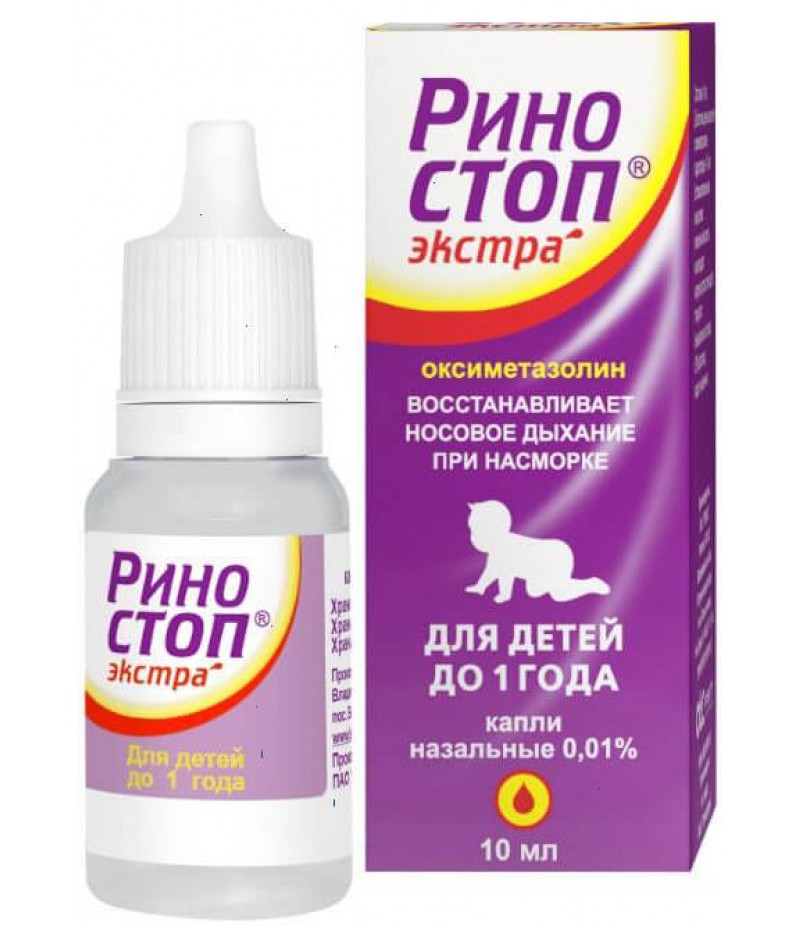Rinostop spray 0.05% 15ml
- $4.99
- 3 or more $4.86
- Availability:In Stock
Rinostop instructionReed more and buy Rinostop spray on this pageCompositionNasal spray:the active ingredient Xylometazoline hydrochloride and 0.50 mg or 1.00 mg of;excipients: edetate disodium, sodium chloride, benzalkonium chlor..
Tags: spray
Rinostop instruction
Reed more and buy Rinostop spray on this page
Composition
Nasal spray:
the active ingredient Xylometazoline hydrochloride and 0.50 mg or 1.00 mg of;
excipients: edetate disodium, sodium chloride, benzalkonium chloride, potassium dihydrogen phosphate, a hydrogen phosphate dodecahydrate sodium, purified water to 1 ml.
Nasal drops:
active substance Xylometazoline hydrochloride-0.50 mg or 1.00 mg;o
auxiliary substances: benzalkonium chloride, edetate of trinacria, odnosemjannyj potassium phosphate, disodium sodium phosphate, sodium chloride, purified water to 1 ml.
Form release
nasal spray 0.1 % for adults and 0.05 % for children from 2 to 6 years old 10, 15, 20 or 30 ml in plastic bottles placed in cardboard packaging;
nasal rinostop drops 0.1% for adults 0.05% for children from 2 to 6 years old 10, 15 and 20 ml in vials with a dropper cap placed in cardboard packaging.
Pharmacological action
The drug has a local vasoconstrictor effect, relieves swelling, reduces the symptoms of runny nose and nasal congestion.
Pharmacodynamics and pharmacokinetics
The active ingredient Rinostop Xylometazoline belongs to the group of alpha-agonists with a local vasoconstrictor effect. Alpha-adrenergic agonist is a drug substances that stimulate alpha-adrenergic receptors located in the blood vessel walls and responsive to epinephrine, norepinephrine and other substances with a similar action.
When applied to the mucous membrane of the nasal cavity, the drug causes a narrowing of the blood vessels located in it, but it is almost not absorbed into the bloodstream and does not have a General (systemic) effect on the human body. It reduces the blood flow in the veins and a significant reduction in prepodavaniya the liquid portion of blood through the vessel walls. As a result, the swelling of the mucous membrane is quickly removed, nasal breathing is restored. The number of nasal discharge also decreases. Elimination of edema in the nasal cavity also improves the condition of the hearing aid.
At the same time, the drug does not have a negative impact on the mucous membrane, including its ciliated epithelium, which cleanses the nasal cavity from foreign particles. Prolonged use of drops or spray (more than 5 – 7 days in a row) can lead to paresis of the smooth muscle of blood vessels and their prolonged expansion, accompanied by persistent edema and nasal congestion.
The action of the drug begins a couple of minutes after it was applied to the mucous membrane of the nasal cavity and can last for several hours.
Indications for use of Rinostop
The drug is used:
with nasal congestion and runny nose on the background of acute respiratory disease;
in chronic, including allergic runny nose, accompanied by nasal congestion short courses;
in acute and chronic sinusitis (sinusitis, frontiers), accompanied by nasal congestion short courses;
in acute and chronic otitis media, to remove edema of the auditory tube connecting the middle ear to the nasopharynx;
when carrying out diagnostic studies (eg, rhinoscopy) ENT organs.
Contraindications for use of Rinostop
The medicine is contraindicated in:
glaucoma;
chronic atrophic (decrease in size of the mucous membrane) nose;
high blood pressure;
tachycardias;
hypersensitivity to the components of the drug;
with the simultaneous appointment of some drugs for the treatment of depression (MAO inhibitors and tricyclic antidepressants);
after brain surgery;
children up to 2 years.
With caution, vasoconstrictor drops and spray should be used when:
diabetes;
hyperthyroidism;
severe atherosclerosis complicated by coronary artery disease;
prostate hyperplasia;
the baby's chest.
Rinostop during pregnancy
When pregnancy is contraindicated Rinostop due to the fact that it causes a spasm of small blood vessels. This creates an increased risk of developing gestosis.
Side effects of Rinostop
Side effects occur mainly in case of overdose, prolonged (more than 5 consecutive days) administration or in the presence of contraindications for the use of this drug. In such cases, most often appear dry in the nose, burning, sneezing, sometimes amplified runny nose.
Less often, with prolonged use, side effects appear in the form of a sharp expansion of blood vessels of the nasal mucosa, which is accompanied by swelling of the mucosa, nasal congestion and abundant secretions and disorders of nasal breathing.
In addition, prolonged use of drops and spray without interruption can cause mood changes in the form of depression.
Instructions for Rinostop
0.1% spray used for adults and children after 6 years. Spray sprayed after removing the bottle cap. The spray gun is introduced into one nostril, then squeeze the base and apply the medication in a second. Then the atomizer is introduced into the second nasal passage and the manipulation is repeated. Repeat the procedure up to 3 to 4 times a day. Instructions for use of Rinostop spray children 2 – 6 years provides for the introduction of 0.05% spray as often as three times a day.
0.1% nose drops are also used for adults and children after 6 years, 1 to 2 drops in each nasal passage no more than three times a day. 0.05% of children Rinostop enter 1 – 2 drops in each nostril not more often two times a day.
Rinostop – is it possible to overdose?
Overdose is possible, it is manifested in the form of increased side effects. Treatment-cancellation of the drug.
Rinostop interaction with other drugs
Rinostop can be taken simultaneously with certain medications intended for the treatment of depression, MAO inhibitors and tricyclic antidepressants.
Terms of sale
You can buy Rinostop without a prescription.
Storage conditions
Rinostop should be kept out of reach of children at temperature not lower than 2 and not higher than 25 °C.
Shelf life - 2 years from the date of manufacture.
Reviews of Rinostop
Reviews about Rinostop mostly positive. The drug quickly relieves swelling in the nasal cavity and significantly reduces nasal discharge. Side effects occur only with prolonged use in high dosages.
Negative reviews about Rinostop are rare and are associated with overdose and prolonged use.

